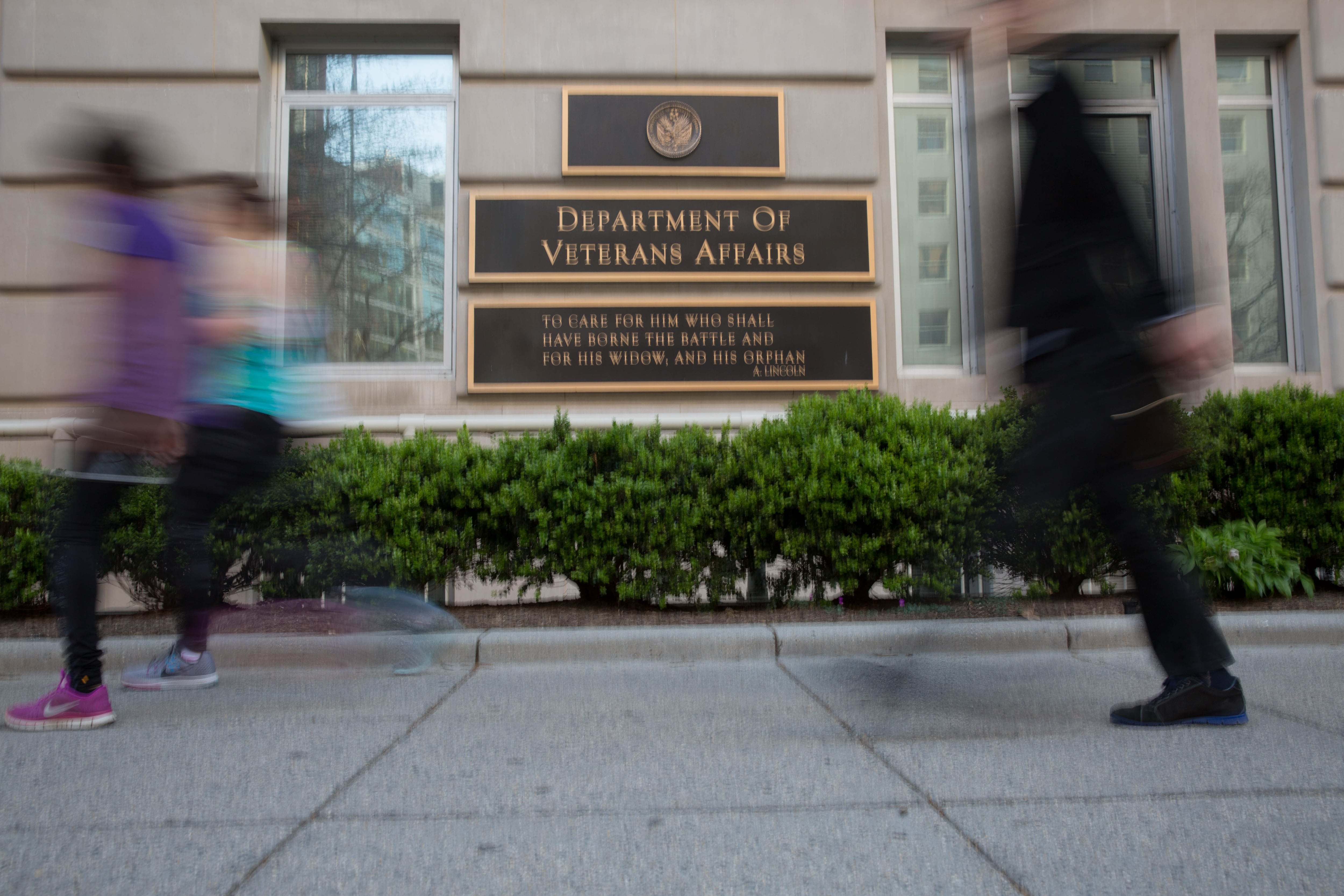WASHINGTON — Veterans Affairs Secretary David Shulkin defended his department’s medical testing on dogs in an op-ed on Tuesday, arguing that proposed limits would significantly damage ongoing research designed to help ailing veterans.
In the piece, published by USA Today, Shulkin argues that VA canine testing programs “are some the safest and most humane in the world” and are being unfairly characterized by critics.
“VA’s canine research program represents a great example of why the department exists, as one of our current canine research studies illustrates,” he wrote. “The study focuses on ways to prevent serious and potentially fatal lung infections that affect some veterans with spinal cord injuries because they are unable to cough effectively.
“The commercial demand for this type of study is almost non-existent … Shutting down VA’s animal research programs would deny some of our most vulnerable veterans hope for new and potentially life-changing treatments.”
The high-profile defense comes after months of attacks from critics of VA’s use of medical testing on dogs, who say the tests are unnecessary and inhumane. In a US News & World Report editorial last month, Reps. Dina Titus, D-Nev., and David Brat, R-Va., said VA’s dog experiments “almost amount to torture.”
Justin Goodman, vice president for public policy at White Coat Waste, blasted Shulkin’s op-ed as “treating this issue of bad policy as just a public relations problem.” He said VA has not offered any solid evidence that the animal testing is producing new scientific breakthroughs.
“They’re defending people who make their paycheck torturing dogs,” he said.
VA has fought back against accusations of irresponsible conduct in their research. Watchdog groups have accused the agency of incomplete records and violations of federal restrictions on canine experiments, but department leaders have insisted they follow all relevant regulations.
In a statement last month, Dr. Michael Fallon, chief veterinary medical officer for VA, said dogs account for “fewer than 0.05 percent” used for medical tests in 2016. Canines are used “only when studies of rodents cannot provide the information that is needed.”
In July, House members passed an amendment to an omnibus spending measure that states VA funding for fiscal 2018 may not be used “to purchase, breed, transport, house, feed, maintain, dispose of, or experiment on dogs” as part of pain studies.
Several veterans groups have publicly opposed the language, calling it too restrictive. Shulkin in his piece called for senators to reject the idea.
“America needs VA’s innovative research programs, and veterans and their families have earned them,” he wrote. “We owe it to these patriots to do all we can to develop medical advancements that could help restore some of what they have sacrificed in service to our nation.”
Senate lawmakers are expected to discuss the provision in coming weeks.
Leo covers Congress, Veterans Affairs and the White House for Military Times. He has covered Washington, D.C. since 2004, focusing on military personnel and veterans policies. His work has earned numerous honors, including a 2009 Polk award, a 2010 National Headliner Award, the IAVA Leadership in Journalism award and the VFW News Media award.




